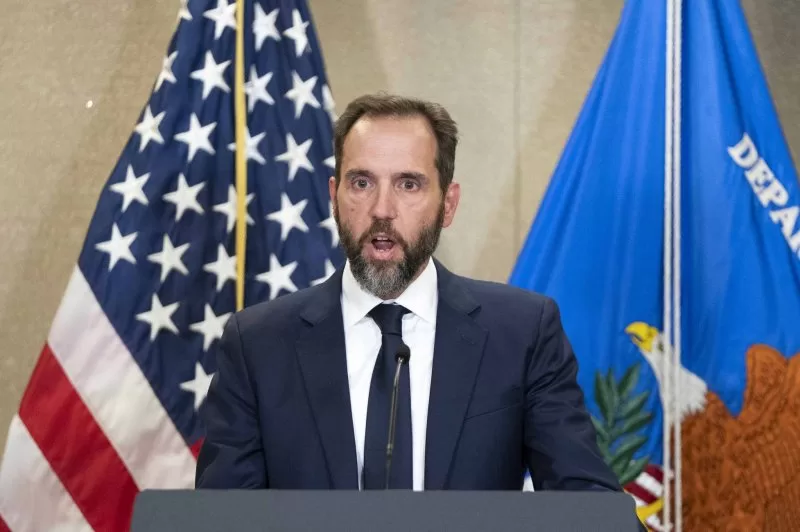The U.S. Supreme Court Friday refused for now to quickly decide whether former President Donald Trump has immunity for alleged crimes committed as president. Special Council Jack Smith asked the court to quickly decide the issue so criminal proceedings against Trump alleging he tried to overturn the 2020 presidential election can proceed in a timely fashion. File Photo by Bonnie Cash/UPI |
License PhotoDec. 22 (UPI) — The U.S. Supreme Court Friday rejected for now a request from Special Counsel Jack Smith to quickly take up the issue of whether former President Donald Trump has immunity for alleged criminal acts committed as president.
The unanimous one-line order said, “The petition for a writ of certiorari before judgment is denied.”
Special Counsel Jack Smith’s motion seeking a fast judgment from the high court on presidential immunity from criminal prosecution said, “This case presents a fundamental question at the heart of our democracy: whether a former president is absolutely immune from federal prosecution for crimes committed while in office or is constitutionally protected from federal prosecution when he has been impeached but not convicted before the criminal proceedings begin.”
Smith added, “It is of imperative public importance that respondent’s claims of immunity be resolved by this court and that respondent’s trial proceed as promptly as possible if his claim of immunity is rejected.”
The issue will go instead to the federal appeals court in Washington, D.C., on Jan. 9. A federal district court rejected Trump’s immunity claims.
Smith asserted in his Supreme Court filing that the appeal “suspends the trial of the charges against him, scheduled to begin on March 4, 2024.”
Smith is charging in that case that Trump criminally attempted to overturn the legal legitimate results of the 2020 presidential election.
The appeals court will decide whether becoming president protects a person for life from federal criminal charges and also whether charging Trump violates legal double jeopardy because he was impeached for the Jan. 6 insurrection that tried to stop the peaceful transfer of presidential power.
The Supreme Court didn’t explain why it rejected hearing the Special Counsel’s motion.

